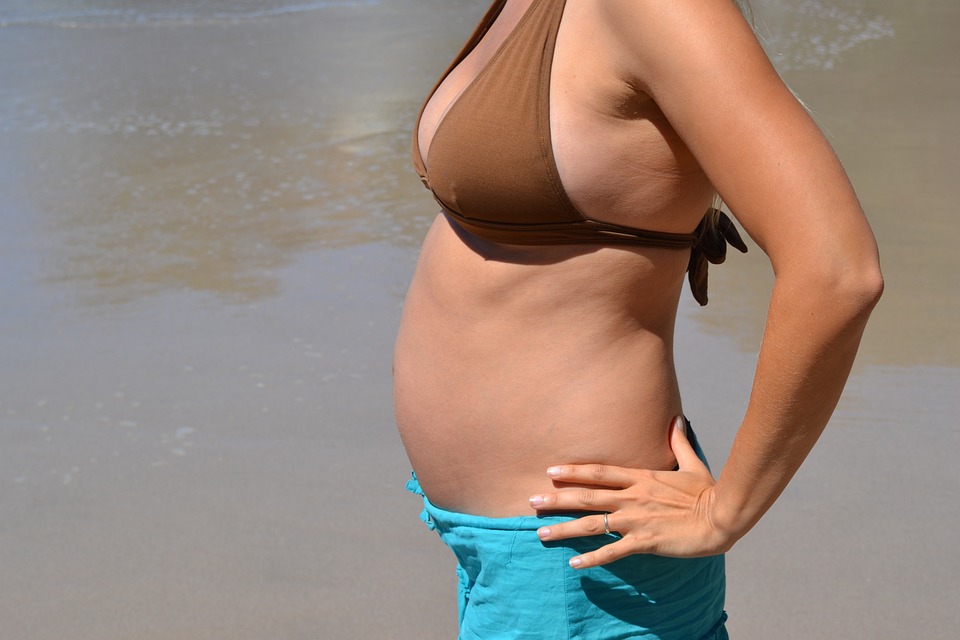
Becoming a mother is one of the most rewarding experiences in life. However, it also comes with a huge responsibility – taking care of your child’s health and well-being. In order to do so, it is important for moms to prioritize their own health and nutrition. To maintain optimal health and energy levels, moms need to ensure they are consuming the essential nutrients their bodies require.
1. Calcium
Calcium is essential for maintaining strong bones and teeth. As a mom, it is important to have strong bones in order to keep up with the demands of motherhood. In addition, calcium is also important for preventing osteoporosis later in life. Good sources of calcium include dairy products such as milk, cheese, and yogurt, as well as green leafy vegetables like kale and broccoli.
2. Iron
Iron is essential for preventing anemia, a condition that can leave you feeling fatigued and weak. As a mom, it is important to have adequate iron levels in order to keep up with the demands of caring for your child. Good sources of iron include red meat, poultry, fish, and beans.
3. Folic Acid
Folic acid is essential for preventing neural tube defects in babies, so it is important for moms to consume an adequate amount of this nutrient during pregnancy. In addition, folic acid is also important for helping your body produce new cells. Good sources of folic acid include leafy green vegetables, citrus fruits, and fortified cereals.
4. Vitamin D
Vitamin D is essential for maintaining strong bones and teeth, as well as for supporting a healthy immune system. As a mom, it is important to have adequate levels of vitamin D in order to stay healthy and prevent illnesses. Good sources of vitamin D include fatty fish such as salmon and tuna, as well as fortified dairy products.
5. Omega-3 Fatty Acids
Omega-3 fatty acids are essential for brain health and development, making them particularly important for moms who are breastfeeding. In addition, omega-3 fatty acids are also important for reducing inflammation in the body and supporting heart health. Good sources of omega-3 fatty acids include fatty fish, flaxseeds, and walnuts.
6. Protein
Protein is essential for building and repairing tissues in the body, making it an important nutrient for moms who are constantly on the go. In addition, protein is also important for supporting a healthy immune system and keeping you feeling full and satisfied. Good sources of protein include lean meats, poultry, fish, eggs, and legumes.
7. Vitamin C
Vitamin C is essential for supporting a healthy immune system and promoting healthy skin. As a mom, it is important to have adequate levels of vitamin C in order to stay healthy and prevent illnesses. Good sources of vitamin C include citrus fruits, strawberries, bell peppers, and kiwi.
8. Magnesium
Magnesium is essential for supporting muscle and nerve function, as well as for maintaining strong bones and a healthy immune system. As a mom, it is important to have adequate levels of magnesium in order to stay healthy and energized. Good sources of magnesium include nuts, seeds, whole grains, and green leafy vegetables.
9. Potassium
Potassium is essential for maintaining healthy blood pressure levels and supporting proper muscle function. As a mom, it is important to have adequate levels of potassium in order to stay healthy and prevent heart disease. Good sources of potassium include bananas, sweet potatoes, and beans.
10. B-vitamins
B-vitamins are essential for converting food into energy, as well as for supporting a healthy nervous system. As a mom, it is important to have adequate levels of B-vitamins in order to stay energized and alert. Good sources of B-vitamins include whole grains, lean meats, poultry, fish, and dairy products.
In conclusion, moms need to prioritize their own health and nutrition in order to stay healthy and energized. By consuming the essential nutrients their bodies require, moms can ensure they have the energy and strength to keep up with the demands of motherhood. By incorporating a variety of nutrient-rich foods into their diets, moms can support their overall health and well-being. Remember, taking care of yourself is just as important as taking care of your child.








